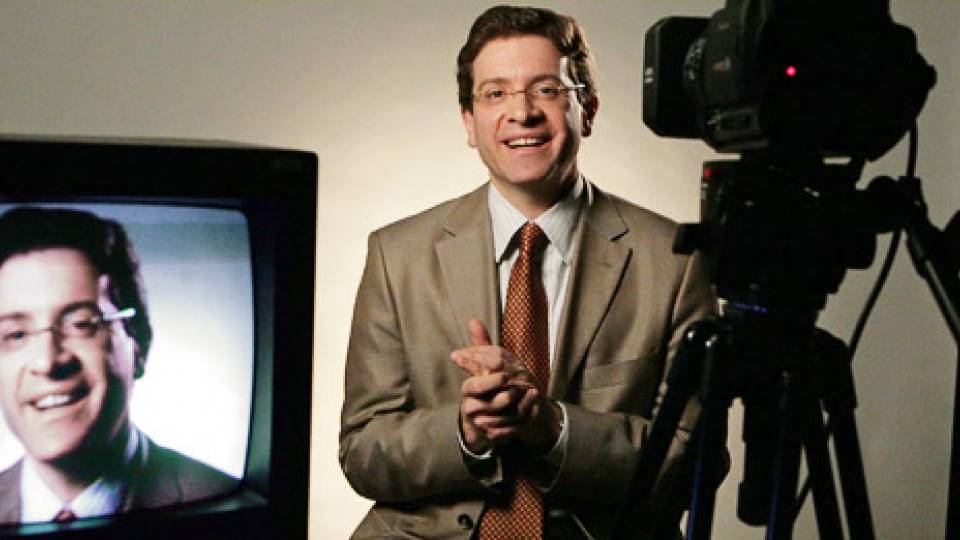The media, with its scandals, oversized personalities and power, has become an institution that Americans both revere and despise, often in the same breath. In his new book, sociology professor Paul Starr investigates the history of this complex institution, teasing out the influences that shaped the media we know today.
"The Creation of the Media: Political Origins of Modern Communications," published this spring by Basic Books, is a 483-page account of how political decisions led to the media's creation as a powerful and profitable institution. Starting in 17th-century Europe and colonial America and ending at World War II, Starr's book reveals how the decisions made in the United States gave rise to America's burgeoning communications empire.
Like his previous work, "The Social Transformation of American Medicine," which won the Pulitzer Prize in 1984, Starr's new book is concerned with the shaping of a powerful institution and its expression of and departure from democratic ideals.
"Technology and economics cannot alone explain the system of communications we have inherited or the one we are creating," he writes in the book's introduction. "The communications media have so direct a bearing on the exercise of power that their development is impossible to understand without taking politics fully into account, not simply in the use of the media, but in the making of constitutive choices about them."
Read the full story in the Weekly Bulletin.
Contact: Eric Quinones (609) 258-3601


